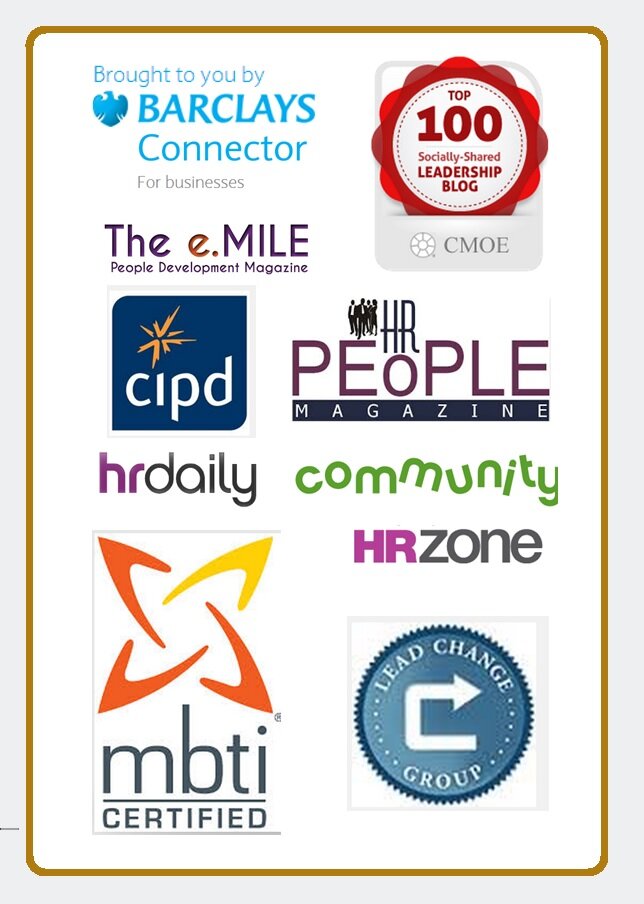The 3 Biggest Mistakes Leaders Make Which Diminishes Their Credibility
Inconveniently, I’ve always had a conscience for some reason. This is not a holier than thou admission, it is just telling it how it is. It doesn’t mean I’ve always done the right thing, in fact I could fill this page with actions and reactions I’ve made over the years which make me positively cringe.
What this meant for me for many years, was I would act in a way which logically was right, but I often walked around feeling bad. When I would react in anger or judgement or just downright selfishly, I always had a stab in my abdomen which told me (I thought), how bad I was. Certainly when I was younger I was often angry or judgemental so I felt pretty bad much of the time.
As I grew, I realised that the stab in the abdomen was a warning that I was pretty much going to get myself into trouble, and that I was on the wrong track. It took me years to listen, but when I did, I realised inside me I had a brilliant guidance system which if I listened hard enough would help keep me out of trouble. I think I was lucky though born with a preference for intuition, even though my ego like an unruly rebellious child simply wanted to ignore it much of the time.
What I learned when leading and managing teams was that my intuition was absolutely vital and valuable, when I chose to listen of course.
There are a number of things my intuition told me as I led and managed others. The first one was to act with integrity. I strived to do this; tempted often to be expedient rather than act with integrity I mostly managed it, the gut always flashing that red warning light when I ignored this sound advice.
The second was to value everyone equally, and be scrupulously fair in my dealings with others. This was a challenging call. Like everyone else, it’s easy to lean towards those who are like you and who make your life easier. It’s much more challenging to embrace those who aren’t and who seem to give you endless headaches.
The third I want to highlight is to live a life of contribution. Definitely the most challenging tasks my intuition kept hammering home to me. Although I was always pretty motivated at work (ok, some would say a workaholic), it was only up until a very few years ago I was driven by my own desire to do a good job, my main motivation being to demonstrate to and give my kids a better life. My kids are pretty much grown up now, so once I realised I had kind of achieved that goal, a mini depression set in because I had lost my purpose. And of course, this was just the opportunity my intuition had been waiting for! The only way I was able to regain my sense of purpose was to start down the path of contribution.
There are many lessons my intuition has taught me, and they have all been kindly and affirming. When I have ignored them my intuition just waits silently, not judging, not impatiently, simply waiting for the time when I was ready to listen.
Its vital leaders get in touch with their intuition, because when they do, decision making doesn’t come any easier, but it does have better results. I have found, through both bitter experience and observing others, many ways leaders destroy their credibility and lose the trust of their team. The following are for me the most prevalent.
These mistakes of course, are not limited to leaders and managers; they demonstrate the character of you as a person. So today, ask yourself if you are making these mistakes. If you are don’t worry, we are all do to an extent. But with awareness comes change.
Don’t act with integrity
There are many versions of integrity, and sometimes the components of integrity are difficult to articulate. But for me acting with integrity describes a number of forces at play. Some of them include acting in accordance with the values you lay claim to. Understanding what others value and respecting them even if you don’t agree with them. Accepting others, being non-judgemental, discerning and being true to oneself. Being open to being wrong is always a key component of integrity! To act in true integrity can infer a heightened consciousness, or self-awareness. When leaders don’t act with integrity, then team members don’t feel safe.
Don’t value others equally
This is a hard one, because when someone is making life difficult it is hard to value them as much as someone who isn’t. We all make judgements even superficially. Our unconscious biases are always in play. The differences for leaders who consciously value others equally are the fact they are always questioning their decisions.
One of the biggest problems I find with clients is in their desire to get rid of a difficult person they form an attitude about them as a person. This just gets in the way. The best way to deal with difficult people is to maintain respect for them as people, but deal with their behaviour. Just because you value people equally, doesn’t mean you don’t deal decisively with unwanted behaviour. You are just kind when you do. When leaders don’t value others equally for being human, then even the most favoured employee will observe and note the unfairness, even if they aren’t at the receiving end of it.
Lack a contribution mind-set
There is nothing wrong with a leader who is competitive, results orientated, commercially driven, or profits orientated. But if their drive isn’t coupled with a genuine desire to make a meaningful difference; to help others; to contribute to the community, or to honour others, then no matter how successful, their credibility as a leader will be diminished, even if only a little. Like it or not, our nature is to contribute. If a leader doesn’t embrace that drive within us, then the team whether they are consciously aware of it or not, will hold back with their loyalty and commitment.
So there are my 3 top ways that leaders and managers compromise the trust and credibility with their team. What would you add?
|





